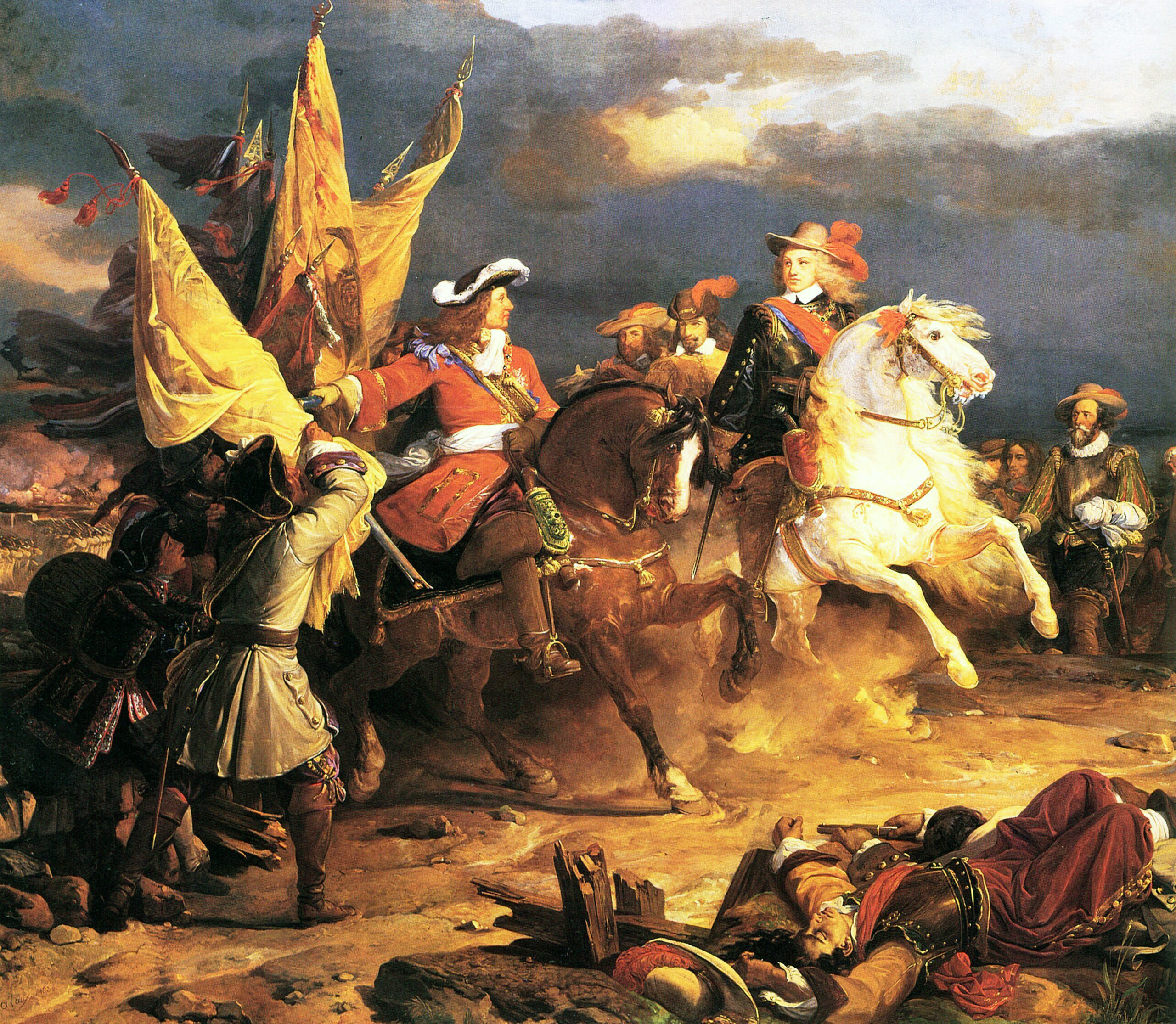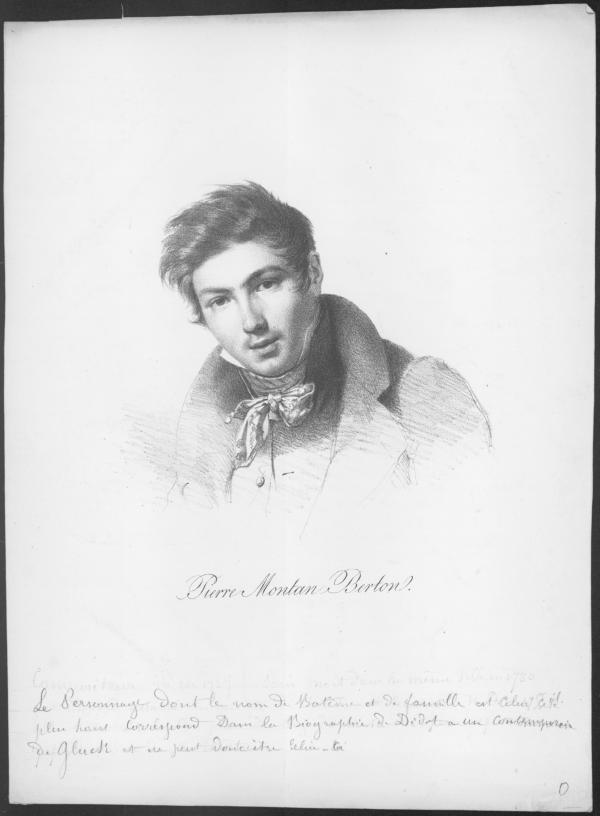|
André-Joseph Exaudet
André-Joseph Exaudet (1710–1762) was a French violinist and composer, best known for composing the influential 1751 minuet bearing his name. The January 1744 issue of the Mercure de France announced the publication of six violin sonatas, mentioning that Exaudet was then first violinist of the Académie Royale de Musique de Rouen. He is also listed in the Paris Opéra archives as a violinist at the Foire St Laurent and the Foire St Germain that year. His name is among the Opéra orchestra in 1749 and the Concert Spirituel orchestra in 1751, and he remained a violinist in both until his death. In 1758 he became an ordinaire de la musique de la chambre du roi. Exaudet also served as maître de violon in the court of the Prince of Condé. As a composer, Exaudet is best remembered by a celebrated minuet (op.2 no.1, finale). Within a year of its publication Vadé had added a text and incorporated it into his opera ''Le Suffisant''. On 1 October 1763 the Mercure de France announced ... [...More Info...] [...Related Items...] OR: [Wikipedia] [Google] [Baidu] |
Menuet D'Exaudet
A minuet (; also spelled menuet) is a social dance of French origin for two people, usually written in time. The English word was adapted from the Italian ''minuetto'' and the French ''menuet''. The term also describes the musical form that accompanies the dance, which subsequently developed more fully, often with a longer musical form called the minuet and trio, and was much used as a movement in the early classical symphony. While often stylized in instrumental forms, composers of the period would have been familiar with the popular dance. Dance The name may refer to the short steps, ''pas menus'', taken in the dance, or else be derived from the ''branle à mener'' or ''amener'', popular group dances in early 17th-century France. The minuet was traditionally said to have descended from the ''bransle de Poitou'', though there is no evidence making a clear connection between these two dances. The earliest treatise to mention the possible connection of the name to the exp ... [...More Info...] [...Related Items...] OR: [Wikipedia] [Google] [Baidu] |
Choral Public Domain Library
The Choral Public Domain Library (CPDL), also known as the ChoralWiki, is an online database for choral and vocal music. Its contents primarily include sheet music in the public domain or otherwise freely available for printing and performing (such as via permission from the copyright holder). It is a 501(c)(3), tax-deductible organization, whose contents are published under a specific copyright license, and editing articles can be allowed only for registered contributors. The CPDL stands with Musopen and the Wind Repertory Project as among the most prominent online music repertoire databases. Overview The site CPDL.org was launched in December 1998 by Rafael Ornes. In 2005 CPDL was ported, or converted, to wiki format, and is known as ChoralWiki.Main Page ''www3.cpdl.org'', accessed 6 November 2021 In July 2008, Ornes stepped back fro ... [...More Info...] [...Related Items...] OR: [Wikipedia] [Google] [Baidu] |
French Male Classical Composers
French may refer to: * Something of, from, or related to France ** French language, which originated in France ** French people, a nation and ethnic group ** French cuisine, cooking traditions and practices Arts and media * The French (band), a British rock band * "French" (episode), a live-action episode of ''The Super Mario Bros. Super Show!'' * ''Française'' (film), a 2008 film * French Stewart (born 1964), American actor Other uses * French (surname), a surname (including a list of people with the name) * French (tunic), a type of military jacket or tunic * French's, an American brand of mustard condiment * French (catheter scale), a unit of measurement * French Defence, a chess opening * French kiss, a type of kiss See also * France (other) * Franch, a surname * French Revolution (other) * French River (other), several rivers and other places * Frenching (other) Frenching may refer to: * Frenching (automobile), recessing or moul ... [...More Info...] [...Related Items...] OR: [Wikipedia] [Google] [Baidu] |
18th-century French Composers
The 18th century lasted from 1 January 1701 (represented by the Roman numerals MDCCI) to 31 December 1800 (MDCCC). During the 18th century, elements of Enlightenment thinking culminated in the Atlantic Revolutions. Revolutions began to challenge the legitimacy of monarchical and aristocratic power structures. The Industrial Revolution began mid-century, leading to radical changes in human society and the environment. The European colonization of the Americas and other parts of the world intensified and associated mass migrations of people grew in size as part of the Age of Sail. During the century, slave trading expanded across the shores of the Atlantic Ocean, while declining in Russia and China. Western historians have occasionally defined the 18th century otherwise for the purposes of their work. For example, the "short" 18th century may be defined as 1715–1789, denoting the period of time between the death of Louis XIV of France and the start of the French Revolutio ... [...More Info...] [...Related Items...] OR: [Wikipedia] [Google] [Baidu] |
Musicians From Rouen
A musician is someone who composes, conducts, or performs music. According to the United States Employment Service, "musician" is a general term used to designate a person who follows music as a profession. Musicians include songwriters, who write both music and lyrics for songs; conductors, who direct a musical performance; and performers, who perform for an audience. A music performer is generally either a singer (also known as a vocalist), who provides vocals, or an instrumentalist, who plays a musical instrument. Musicians may perform on their own or as part of a group, band or orchestra. Musicians can specialize in a musical genre, though many play a variety of different styles and blend or cross said genres, a musician's musical output depending on a variety of technical and other background influences including their culture, skillset, life experience, education, and creative preferences. A musician who records and releases music is often referred to as a recordi ... [...More Info...] [...Related Items...] OR: [Wikipedia] [Google] [Baidu] |
1762 Deaths
Events January–March * January 4 – Seven Years' War: Britain declares war against Spain and Naples, following their recent alliance with France. * January 5 – Empress Elisabeth of Russia dies, and is succeeded by her nephew Peter III. Peter, an admirer of Frederick the Great, immediately opens peace negotiations with the Prussians. *January 16 – British forces under Robert Monckton land on the French island of Martinique in the Caribbean. * February 5 – The Great Holocaust of the Sikhs is carried out by the forces of Ahmed Shah Abdali in Punjab. In all, around 30,000 men, women and children perish in this campaign of slaughter. * February 15 – Invasion of Martinique (1762): French forces on Martinique surrender to the British. The island is subsequently returned to France, as part of the Peace of Paris. * March 5 – A Royal Navy fleet with 16,000 men departs Britain from Spithead and sets sail toward Cuba in order to seize stra ... [...More Info...] [...Related Items...] OR: [Wikipedia] [Google] [Baidu] |
1710 Births
In the Swedish calendar it was a common year starting on Saturday, one day ahead of the Julian and ten days behind the Gregorian calendar. Events January–March * January 1 – In Kingdom of Prussia, Prussia, Cölln is merged with Alt-Berlin by Frederick I of Prussia, Frederick I to form Berlin. * January 4 – Robert Balfour, 5th Lord Balfour of Burleigh, two days before he is due to be executed for murder, escapes from the Old Tolbooth, Edinburgh, Edinburgh Tolbooth by exchanging clothes with his sister. * February 17 – Mauritius, a History of Mauritius#Dutch colonization (1638–1710), Dutch colony since 1638, is abandoned by the Dutch. * February 28 (Swedish calendar) February 27 (Julian). March 10 (Gregorian) – Battle of Helsingborg: Fourteen thousand Danish invaders, under Jørgen Rantzau, are decisively defeated by an equally large Swedish army, under Magnus Stenbock. * March 1 – The Sacheverell riots start in London with an atta ... [...More Info...] [...Related Items...] OR: [Wikipedia] [Google] [Baidu] |
Joseph-Barnabé Saint-Sevin Dit L'Abbé Le Fils
Joseph-Barnabé Saint-Sevin, dit ''L′Abbé le Fils'' (Agen, June 11th, 1727 – Paris, July 25th, 1803) was a French composer and violinist. According to Sheila Nelson, "The very important work of L'Abbé le fils...put France in advance of the rest of Europe with regard to violin technique." He was an important personality in the French school of violin virtuosos from the eighteenth century. He was a composer and most memorably, author of a highly influential violin method, "the first substantial French violin method," of that time: ''Principes du Violon'' (1761). Additionally, he studied with Jean-Marie Leclair Jean-Marie Leclair l'aîné (Jean-Marie Leclair the Elder) (10 May 1697 – 22 October 1764) was a French Baroque violinist and composer. He is considered to have founded the French violin school. His brothers, the lesser-known Jean-Marie ....Gjerdingen, Robert (2007). ''Music in the Galant Style'', unpaginated. Oxford. . He was the son of the cellist Phili ... [...More Info...] [...Related Items...] OR: [Wikipedia] [Google] [Baidu] |
Violin
The violin, sometimes referred to as a fiddle, is a wooden chordophone, and is the smallest, and thus highest-pitched instrument (soprano) in regular use in the violin family. Smaller violin-type instruments exist, including the violino piccolo and the pochette (musical instrument), pochette, but these are virtually unused. Most violins have a hollow wooden body, and commonly have four strings (music), strings (sometimes five-string violin, five), usually tuned in perfect fifths with notes G3, D4, A4, E5, and are most commonly played by drawing a bow (music), bow across the strings. The violin can also be played by plucking the strings with the fingers (pizzicato) and, in specialized cases, by striking the strings with the wooden side of the bow (col legno). Violins are important instruments in a wide variety of musical genres. They are most prominent in the Western classical music, Western classical tradition, both in ensembles (from chamber music to orchestras) and as solo ... [...More Info...] [...Related Items...] OR: [Wikipedia] [Google] [Baidu] |
Pierre Montan Berton
Pierre Montan Berton (7 January 1727 – 14 May 1780) was a French people, French composer and conductor (music), conductor. He resided primarily in Paris and was an opera director. Pierre's son Henri Montan Berton (1767–1844) was also a composer, more famous than Pierre himself. Operas SourcesArticle on Berton on the site CESAR(accessed on 31 October 2013) External links * * 1727 births 1780 deaths French male composers French conductors (music) French male conductors (music) 18th-century French composers 18th-century French male musicians 18th-century conductors (music) French ballet composers Directors of the Paris Opera {{France-composer-stub ... [...More Info...] [...Related Items...] OR: [Wikipedia] [Google] [Baidu] |





